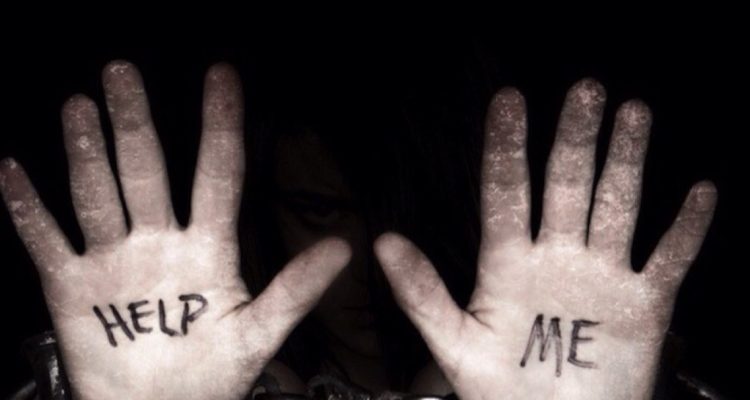Two weeks ago, I was sitting on a plane at 30,000 feet on my way to Phnom Penh, Cambodia. I was headed there to set up the trips that Steps of Justice, an organization I cofounded, is running in 2015.
I go to Cambodia because it’s home to nearly 50,000 sex workers, and I’m sick of hearing about issues of human trafficking from the comfort of my living room. I go because I want to do something to see this change. I also go so I won’t forget the world is broken and hurting. I also need to remember that what I see on a daily basis from the comforts of my own home is not the reality for many in our world. I go that I might once again develop Jesus’ heart for the poor and oppressed of the world. Gary Haugen from International Justice Mission says, “We go from a place of ignorance to what is really going on in the world to a place of paralysis when we realize how messed up the world truly is.” Jesus doesn’t call us to paralysis; He calls us to action, to do justice.
The morning after I arrived in Phnom Penh, Cambodia’s capital city, I found myself riding on the back of a motorcycle taxi. It was 8 a.m. in Phnom Penh, and most of the city was already at work, including the young girl who waved at me from the bar I was passing on my way to the cafe. This early, and the bars already are open—and not only for drinking but for the selling of girls for sex. As I drove by, I caught this girl’s eye. She waved at me as if she had been taught many times before—and perhaps prayed—that I wouldn’t stop, but would wave back and keep going. Eight hours in Cambodia (five of those sleeping), and my heart already was broken.
This is not the life this girl dreamed of when she was a child, working for sex under the watchful eye of her pimp early in the morning. Somewhere along the way, her dream for her life was stolen from her, maybe by an uncle or friend, but by a family member usually is the case.
In Cambodia and around the world, young girls and boys are in the sex industry for a couple of reasons: They were tricked into it, or they felt they had no other way of making money to support themselves or their families. I wonder what the case was for this young girl who waved at me that morning? She was trained to make men believe she desires to be with them and that she is doing this because she loves it. When presented with an alternative to sex work, every girl or boy we have talked to has said they would take other work any day. They hate what they do.
Being in Phnom Penh, seeing these women and knowing they are sprinting toward the end of their lives one John at a time, I have to ask, “What can I do about this?” I don’t buy sex. I don’t visit sites on the Internet that sell sex. So, what is my roll in this? Can I make a change? Am I able to affect the life of one child whose family has sold her into this life?
Jesus made the solution clear in the second greatest commandment. I’m called to love others, including the young girls of Phnom Penh, and all the children trafficked around the world.
Though as I type those words, I realize my surroundings are a huge contrast to the world in which these young girls live. I’m sitting in my office on an island in Hawaii, where I live. It’s paradise. Though I go to Cambodia to work with ministries that rescue these girls, though I lead an organization that seeks to be a voice for these girls, I realize I am not doing enough to battle human trafficking. Most likely you aren’t either. In fact, you actually may be fueling this industry you hate.
We Can Do More
Every time a man looks at pornography, he is contributing to human trafficking. Every time a man objectifies women by the way he looks at them, he fuels the idea that women can become objects rather than daughters of God. Each click on a porn link fuels the sex industry. The reason there is a supply is because there is a demand. We need to stop objectifying women not only because it is a sin against God and our own bodies, but because it exploits women around the world.
Men, we have to do more. Stop looking at porn. Stop objectifying women by how you view them. Cut the sexist jokes. Stop glorifying songs that objectify women and praise the pimp lifestyle.
As youth workers, you model for your students how it looks to live a life of purity in word and in deed. It must start with you as leaders getting control of your thoughts and actions. It’s not enough to read a book on sex trafficking or watch a documentary. It must be something you are living out daily in the way you look at, treat and engage with women. How can we expect to end the sex trade around the world if we can’t manage our own desires?




